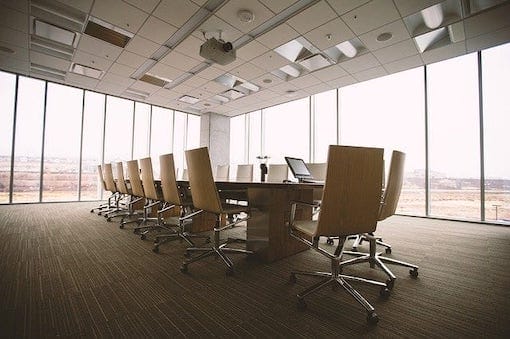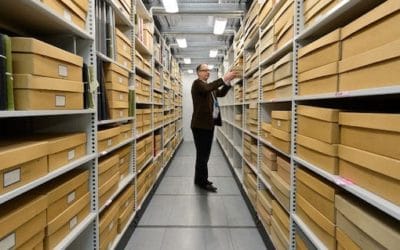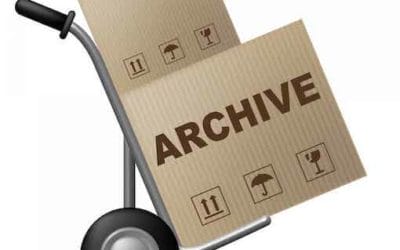Most small businesses are started from someone’s spare room or kitchen table. Sooner or later however, you’ll start thinking about renting your own business space or renting commercial property.
1. How much space do you need?
Different businesses have different space requirements. If you’re planning on a cosy arts cafe you’ll need a totally different property to an architect working on their own. Make an estimate based on 75 sq feet per person adding in a bit extra if you need meeting or reception spaces. Don’t forget to allow space for storage although you may find that it actually works out cheaper to rent a self-storage unit than to pay business rent. Cheap storage units are great to keep files or stock you don’t need on a day to day basis.
2. Where do you want to be?
For many businesses location is vital. Too far from your customers and they won’t come. Too near to the city centre and the renting commercial property could prove too expensive. Brainstorm the features you want your property to have then try to rank them in order of preference. Is having car parking more important than having passing trade? Is being in a particular postcode essential or will your customers travel to meet you?
3. What kind of property do you need?
If you are looking at renting offices there is a whole continuum from hot-desking where you rent a desk with shared facilities (usually on a very short-term basis) right up to owning your own building. Somewhere in the middle is the right balance of shared services such as broadband internet, access to a receptionist, and facilities management. If you only need space for yourself and perhaps a partner you may well find managed offices work out more cost effective.
You will also need to ensure that the correct planning permissions have been granted on the property you have in mind. The easiest way to do this is to find a property that already matches the use you have in mind.
4. What’s your budget?
This is the time to crack out the business plan and check your financial situation. How much can you actually afford to spend on premises? Don’t forget to include an estimate of utilities, business rates and insurance costs. Will better premises create enough custom to pay for themselves?
5. Check what’s going to be included
Commercial leases are typically longer term than residential ones – 4-5 years – and often exclude items such as building’s maintenance that residential landlords have to cover. So check what other bills you might be landed with. If you only need a short-term rental consider asking if a licence is available instead.
6. Negotiate and agree your terms
Never be afraid to haggle – even if you can’t negotiate a cheaper rent you may be able to get more for your money by getting some services or buildings insurance included. If the landlord is keen to attract new tenants they may also allow a rent-free period to help you get started.




